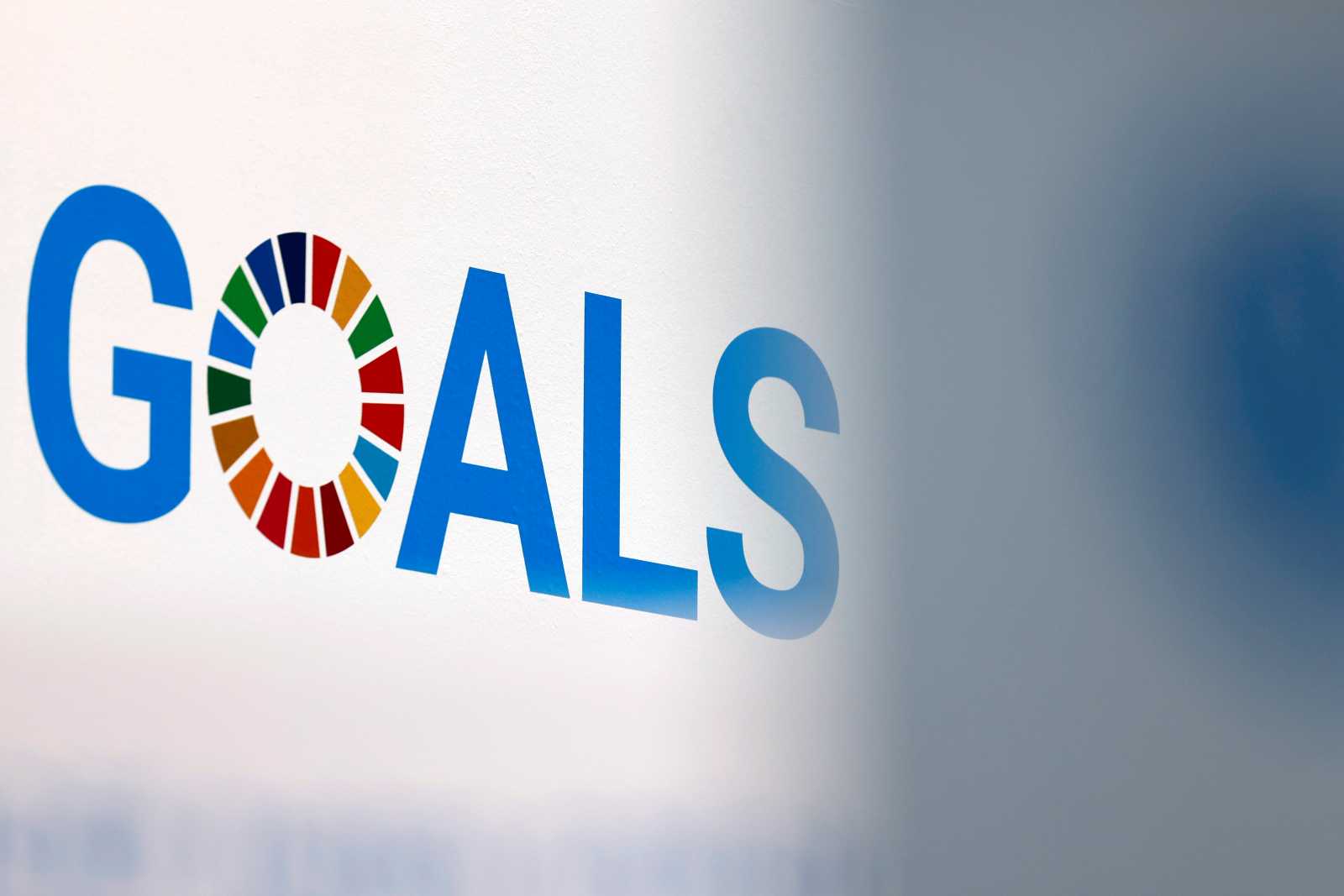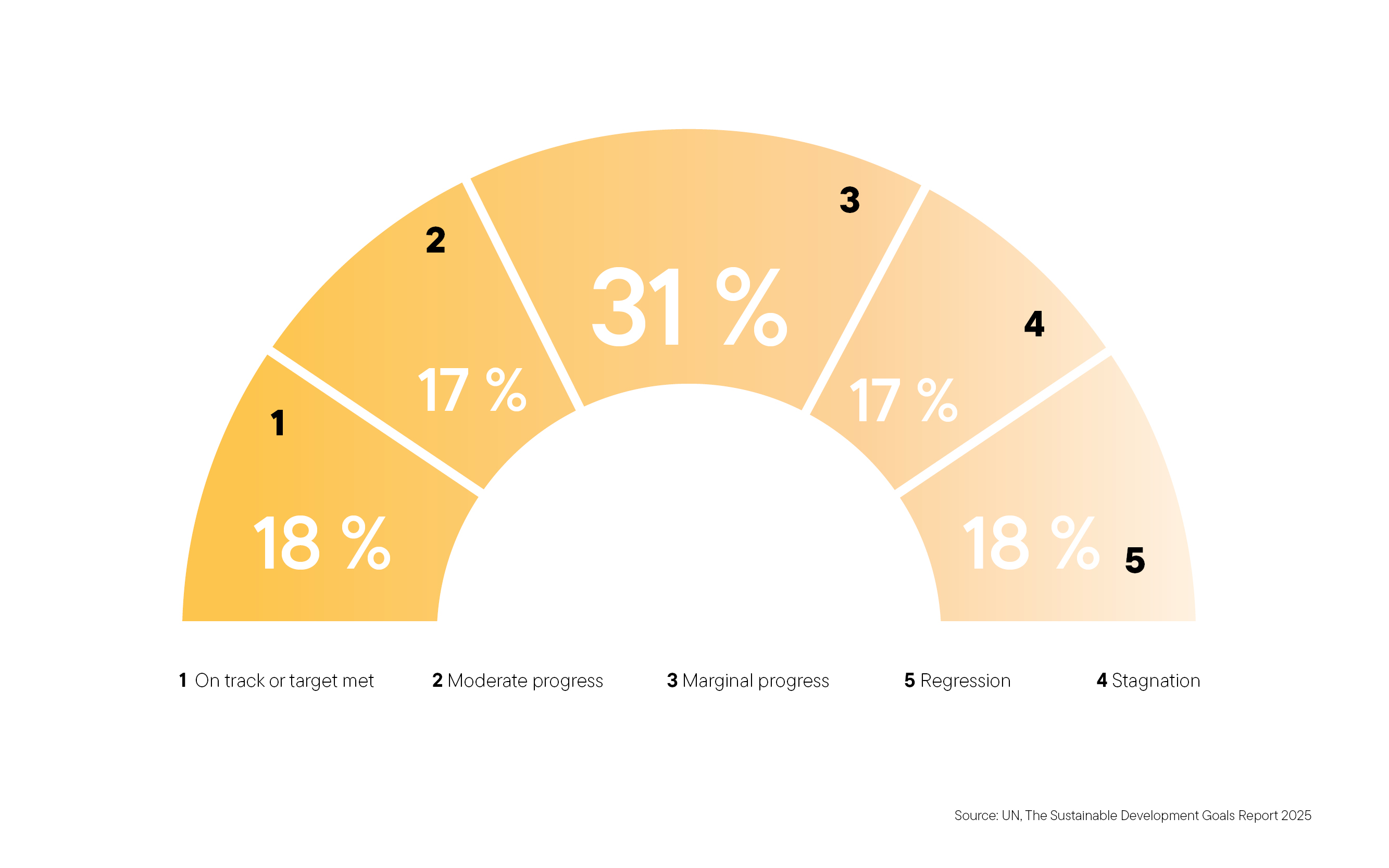Transparency
Standardised data agreed
The IATI data standard is a major step towards greater international transparency. It is the result of wide consultations. It was drafted by experts with significant input from donors, representatives of partner countries and civil society organisations such as Transparency International. The 18 IATI members in-clude Germany, Britain, the Scandinavian countries, the EU Commission, the World Bank and the Hewlett Foundation. They all agreed to fast-track the reporting of standardised data. Other major donors such as the US Agency for International Development (USAID) and the New York-based Foundation Centre intend to follow suit.
The IATI standard is based on the Creditor Reporting System (CRS) of the OECD but goes considerably further. For instance, it requires donors to publish details of planned and actual transfers promptly. Moreover, it entails citing names and identification numbers of all the organisations involved in a project. Financial flows thus become traceable throughout the system.
Making transfers visible
Taxpayers and aid recipients will get a clearer picture of projects. To comply with the IATI standard, donors need to disclose their aid conditionalities as a matter of principle. Geographical details are optional. In 2010, the World Bank showed how such data contributes to better allocation of aid expenditure and serves donor coordination. There are good reasons for adopting IATI rules swiftly, including costs. Collin, Zubairi, Nielson and Barder (2009) estimate that the payback time for introduction costs is less than three years. They also predict one billion euros worth of savings for all IATI members as a result of reduced scope for corruption.
In late January, the British government published data in line with the IATI standard. Sweden, the Hewlett Foundation and the Global Fund will follow suit in the second quarter of 2011. The Federal Ministry for Economic Cooperation and Development made it known at the beginning of January 2011 that the implementation of IATI rules needed to be postponed for lack of resources. It nonetheless promised to honour its Accra commitments on transparency in time for the next High Level
Forum in Busan, South Korea, in November.
Problematic sector codes
When foreign aid is visible in a national budget, members of parliament and civil society groups can demand accountability. For effective “budget alignment”, however, donors must use the same sector codes as their partner countries do. This has proven to be technically difficult and was postponed until a later steering committee meeting.
The IATI standard does not start a new database; it is basically an online registry of donors’ data portals. Website content needs to be updated by donors themselves, and the data are machine-readable and thus freely accessible. Some donor countries, including Germany, still have problems with this kind of disclosure. For the moment, it has therefore been agreed to explicitly indicate data that is not freely available.
Claudia Schwegmann









